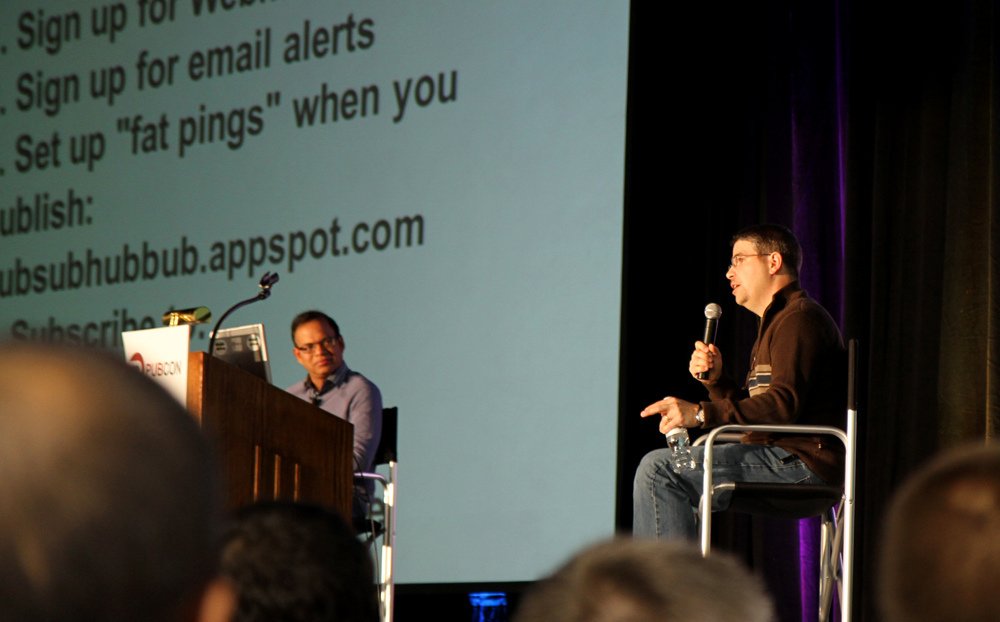Amit Singhal announced on Friday that he planned to join Uber as senior vice president for engineering. Previously, Singhal worked at Google for 15 years, working his way up to senior vice president for search. He was Google’s 176th employee, and is credited as one of the engineers responsible for building the smarter and faster search engine, giving the company an overwhelming advantage in web search.
Singhal’s role at Uber will involve building out the software and infrastructure at the foundation of the company’s ride-share services. He will report to Uber chief executive Travis Kalanick, and will spearhead the ride-hailing company’s mapping and dispatch units. Singhal will also be responsible for marketing and pricing Uber cars. Singhal’s new role also involves advising Anthony Levandowski, who is in charge of Uber’s autonomous driving efforts.
Singhal recently shared his own views on his new job. In a personal blog post on Friday, he wrote, “It’s hard enough to connect millions of drivers to millions of riders in real time while creating optimal routes for drivers. Add the to the twist of predicting real-time traffic, pooling multiple riders and making the system economically attractive for everyone–and now you have one of the most challenging computer science problems I’ve encountered in my 30-year career.”
Singhal is not the only former Google employee poached by Uber; over the last seven years, they have enlisted several high-level employees, including Brandon McClendon and Anthony Levandowski, mapping expert and autonomous driving research veteran, respectively. The ride-sharing company has been transparent in its ambition to overtake Google in autonomous driving, going as far as to publicly state as much. Google, on its part, has also taken a number of Uber employees; David Drummond left the Uber board of directors and joined Google as a top executive last year.
Before, Uber and Google were supportive of each other’s efforts; Google highlighted Uber as a mode of transportation in its maps application. Since their race to develop self-driving cars has positioned them as competitors, the companies have distanced themselves. Google now promotes its own version of a ride-sharing service in the Bay Area through its mapping app Waze.
Uber CEO Travis Kalanick said in a statement, “I love Amit’s excitement for solving complex computer problems and his passion for helping improve people’s lives through technology. The team at Uber, myself included, will learn a lot from him.”
































Comment Template